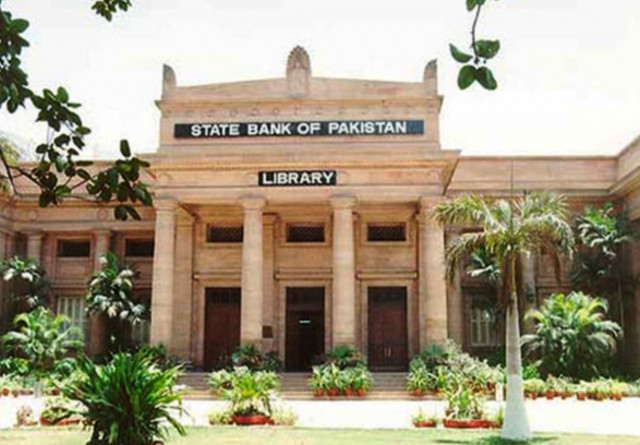SBP directs Islamic banks to stop ‘mimicking’ conventional products
The State Bank of Pakistan has urged Islamic financial institutions to distinguish themselves from conventional.

“The Islamic banking paradigm is based on mimicking conventional banking products,” highlighted the Acting Governor of SBP, Yaseen Anwar, while addressing a seminar titled ‘Expanding the Realms of Islamic Finance’ here on Thursday.
He stressed that Islamic banks and financial institutions need to develop products based on risk and reward-sharing principles rather than the existing products which offer fixed rates of return.
Anwar explained that at present only 14 per cent of Pakistan’s population is banked and Islamic institutions have an enormous potential to grow since many people in the country are opposed to the concept of interest.
“Only 200,000 out of a total of 3.1 million small and medium enterprises have access to banks,” said the acting governor of the central bank.
He added that the agriculture sector, which contributes 20 per cent of the country’s gross domestic product and employs more than 60 per cent of the workforce, represents a large untapped market for Islamic banks.
He assured all possible cooperation from the regulator to help boost growth in the Islamic financial industry, including incentives for establishing branches in semi-urban and rural areas.
Anwar also advised Islamic banks to partner with the federal and provincial governments on low-cost housing schemes.
“Right now, we are trending very close to conventional banking,” commented Ebrahim Sidat, member of the State Bank’s Shariah board. “This is one of the reasons why a section of society questions its (Islamic banking) legitimacy as Shariah-compliant.”
He said that the conventional banking system had caused excruciating damage in the recent global economic meltdown while Islamic financial institutions remained better insulated.
The member of the Shariah board warned that Islamic banks must be wary of offering alternatives that replicate conventional banking products. “Islamic institutions must distinguish themselves instead of walking the same path,” he concluded.
During the seminar, it was noted that majority of Islamic financing is in the corporate sector in the form of Murabaha, Ijarah and diminishing Musharaka. Meanwhile, risk and reward-sharing products constitute only two per cent of the industry’s total outlay.
Although participants appreciated the role played by the central bank in promoting the sector, tax authorities were severely criticised for failing to adapt to Islamic financial system.
Dr Zeeshan Ahmed, an Islamic finance expert, proposed the establishment of a common platform to discuss issues in Islamic banking, which could be used to devise solutions and lobby for their implementation.
Islamic banks face some key challenges, including limited credit expansion and liquidity management concerns. The central bank has mandated that all banks must meet the minimum capital requirement of Rs10 billion by 2013.
However, at present only two of the six Islamic banks, Meezan Bank and Dubai Islamic Bank, have managed to raise their capital above the Rs6 billion mark. Meanwhile, Al Baraka Islamic Bank and Emirates Global Islamic Bank have announced a merger that will help the new entity meet SBP requirements.
Although expansion in the banking sector has also slowed down over the past two years, the acting governor was hopeful that growth of Islamic banks would pick up. He estimated that Islamic financial institutions could easily capture 10 to 12 per cent of the total banking industry in Pakistan.
The State Bank has launched an awareness campaign for Islamic financial services and is working to strengthen Shariah compliance frameworks. The central bank is also planning to liaise with the country’s academia to improve the human resource base available to these institutions.
Published in The Express Tribune, August 6th, 2010.



















COMMENTS
Comments are moderated and generally will be posted if they are on-topic and not abusive.
For more information, please see our Comments FAQ